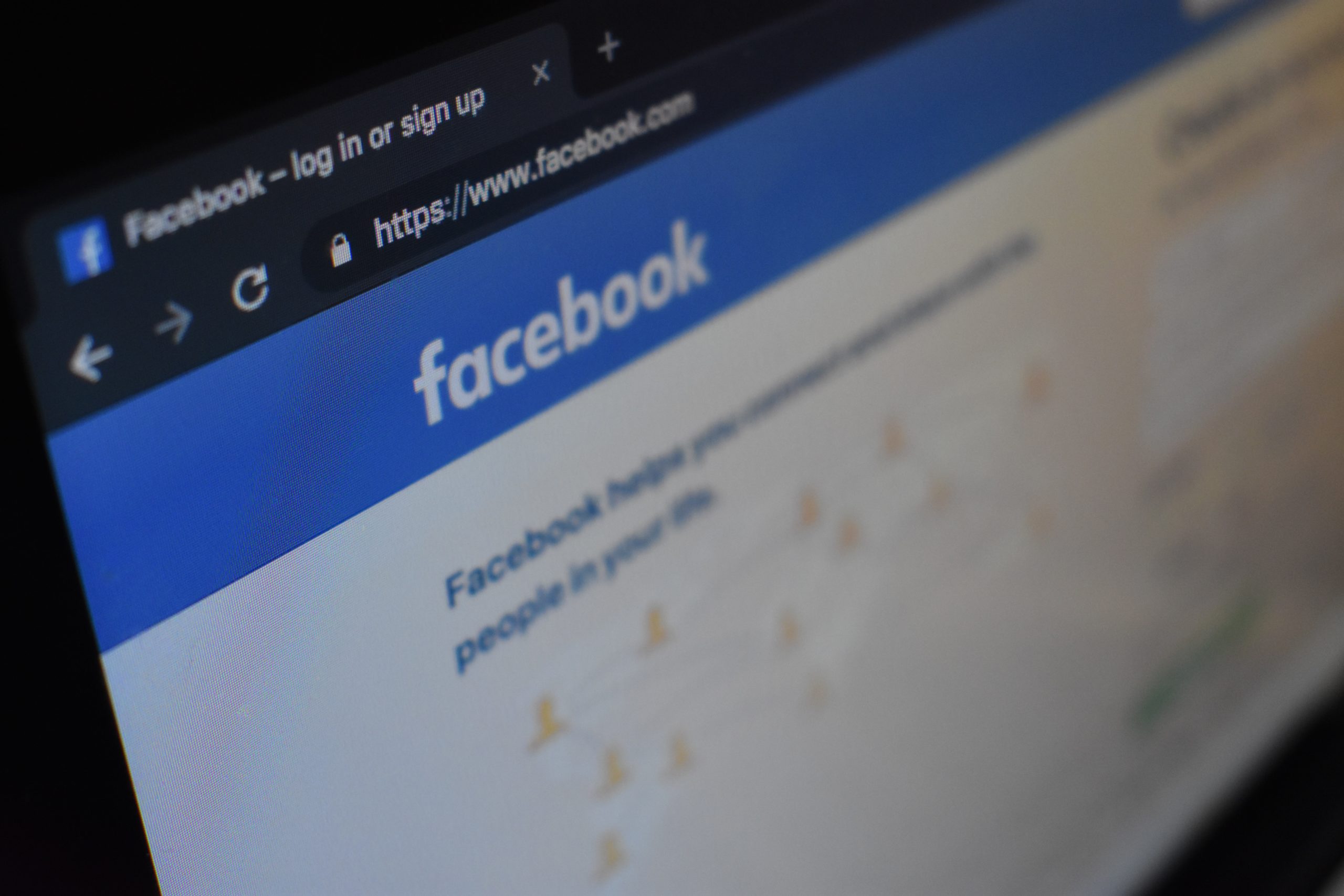Insights
Facebook Announces Indefinite Political Ad Ban Post-Election.

Facebook is once again back in the news merely three weeks out from the 2020 presidential election. Facing growing bipartisan pressure to address misinformation and hate speech on its platform, the company finally announced a plan for the election that would achieve its goals of helping more Americans register to vote, protecting the integrity of the election by fighting foreign interference, and limiting the spread of misinformation and voter suppression. Here’s what’s changing:
Banning political ads indefinitely
As soon as polls close on November 3rd, Facebook will “temporarily stop running all social issue, electoral or political ads in the US … to reduce opportunities for confusion or abuse.” Facebook hasn’t set a specific deadline on when the ban will be lifted, but in the meantime, it is also implementing stricter fact-checking for ads that are purchased by political candidates and blocking candidates from buying new ads in the 30 days leading up to the election.
Zero tolerance for voter intimidation content
Over the last several months, Facebook has addressed and removed content that incites violence or extremism. Now, it’s taking that monitoring to the next level. The platform will remove all content that “calls for people to engage in poll watching when those calls use militarized language or suggest that the goal is to intimidate, exert control, or display power over election officials or voters.”
Furthermore, Facebook is partnering with state attorneys general and various law enforcement agencies to identify and investigate potential voter interference. This also includes “any election-related threats.”
Election results
Facebook, like many others, is acknowledging that final, certified election results will be delayed due to an influx of mail-in voting and the COVID-19 pandemic. It is applying new labels to posts that address misinformation or inaccuracies about mail-in ballots or voting fraud and announced additional measures and alerts to keep its users informed with accurate information.
- After polls close, there will be notifications at the top of users’ Facebook and Instagram home pages directing them to the Voting Information Center where they can learn more about the vote-counting process.
- Facebook will add specific notifications and information specifying that a winner has yet to be determined if a candidate or a party claims premature victory.
- In the event that the majority of major media outlets declare a winner, and the opposing candidate contests the election, Facebook will “show the name of the declared winning candidate...and label posts from presidential candidates, with the declared winner’s name.”
- New notifications at the top of Facebook and Instagram feeds will encourage users to learn more about election processes through Facts About Voting from the Bipartisan Policy Center, curated news, and the Voting Information Center.